Pool ionizers are really neat! This will take you back to chemistry class, so get ready. So you remember what an ion is right? Well if not that’s ok, we will break it down here.
An ion is basically an atom that carries a charge. In the case of swimming pools copper and silver ions are the weapon of choice to fight algae and some bacteria respectively. However, don’t fall into the trap of thinking that you only need an ionizer for clean water, that’s not the case.
You always need a residual amount of chlorine or bromine to handle the pathogens that aren’t susceptible to an inozier. This is where Sutro, our pool monitor, can help you keep your water clean and clear by testing your pH and free chlorine or bromine 3x/day and your alkalinity once per day.
By keeping an eye on your sanitizer level you can rest assured that your ionizer is getting the help that it needs. Let’s look at the types of ionizers and their use.
Pool Ionizer types
Before we talk about the types of ionizers it’s important to make a distinction between ionizers and mineral systems as people often get them confused. Ionizers actually use electricity to break copper and/or silver into ions and mineral systems bring their own ions. So let’s talk about ionizer systems that use electricity.
Ionizer systems can be built into your plumbing system or can be free floating. The type that’s plumbed into your pool circulation system uses electricity from your panel to break the ions and as the water passes through the ionizer it takes the charged ions into the pool where they can attach to the walls of microorganisms and make them vulnerable to your sanitizer.
Remember, ions alone can’t effectively kill microorganisms, they need the help of a sanitizer like chlorine or bromine.
Another way to deliver ions to your water is to use a solar pool ionizer. It works the same way as a built in ionizer but it uses solar power and it floats in your pool. Now right away you should be thinking about what happens when the sun is not out, and yes you got it.

If the sun is not out then there are no ions being generated and you may need more sanitizer during that period of time. So, you should consider how much sunlight your pool gets and think about which option is the best for your setup.
Pros and cons of ionizers
Well, you knew it was coming. Like anything, there are pros and cons to everything. Let’s take a look at some that could help you make your decision.
Pros
- Now, here is the benefit of an ionizer, your water will require much less sanitizer which means it will not be as harsh on your skin. The typical recommended free chlorine level when using an ionizer system is between .5ppm – 1.0 ppm.
- People say that they can feel a difference in the water and that it is softer due to reduced chlorine concentration.
- Over time, a long time, there will be reduced wear and tear on your equipment due to the lower chlorine levels.
- If you let your chlorine drop then it’s okay as long as it doesn’t bottom out at 0.
Cons
- People think that they need a sanitizer like chlorine or bromine and they end up with unsafe water.
- Can cause staining if you let the ion concentration get high enough for a higher pH to cause precipitation of the ions (metal ions stain).
- Con – It’s more expensive than using higher sanitizer levels.
Ionizers can help you keep your water safe, but you have to understand how to use them and you also have to monitor your chemistry. Monitoring chemistry is where Sutro pool chemical monitor can help you by testing your pH and free chlorine 3x/day and alkalinity 1x/day. We take care of the hard stuff so you can enjoy the fun stuff!
Image credit: Nerd Techy

